A start-up
with a tradition spanning over 400
years
In our group of companies, we combine the presence of a strong brand with the innovative spirit of a start-up. Our 2,000 employees transform information into social and economic progress – every day.
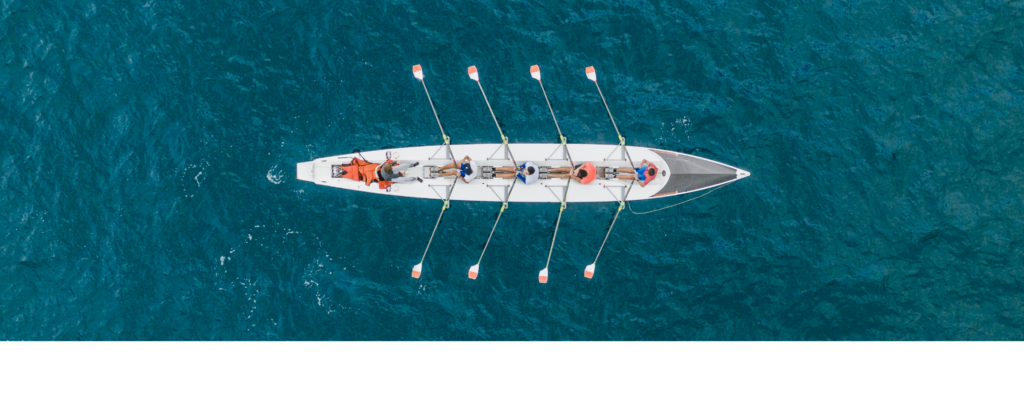
business areas, in addition to our
successful book publishing division
operates
Our answer to
the digital
transformation
With its three business areas: Regional Media, Business Information and Marketing Technology, DuMont has its sights set on digital growth. Then there’s DuMont’s book publishing division, which is one of the most successful in Germany. It combines the areas of literature, nonfiction, and illustrated nonfiction.
Although they operate independently, all companies are strongly linked in their business areas through shared visions and values – and we purposefully facilitate further networking.
We use Circles to strategically push relevant topics and initiatives ahead. This ensures that the full range of expertise can be used across the group.
A special focus of ours is artificial intelligence (AI). In a dedicated “AI Circle”, we work on specific projects relating to this important innovative topic and continue to develop our AI roadmap.

Christian DuMont Schütte
& Isabella Neven DuMont
Supervisory board chairman & deputy chairman of the advisory board
“Our goal is to steer DuMont towards a safe and successful future. That’s why we firmly believe in the power of innovation within our family business. We know that the ability to continually reinvent ourselves is the key to achieving that goal.”
Group Management Board

Dr. Christoph Bauer
Chief Executive Officer
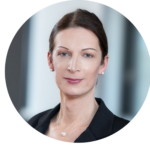
Sandra Vollmer
Chief Financial Officer
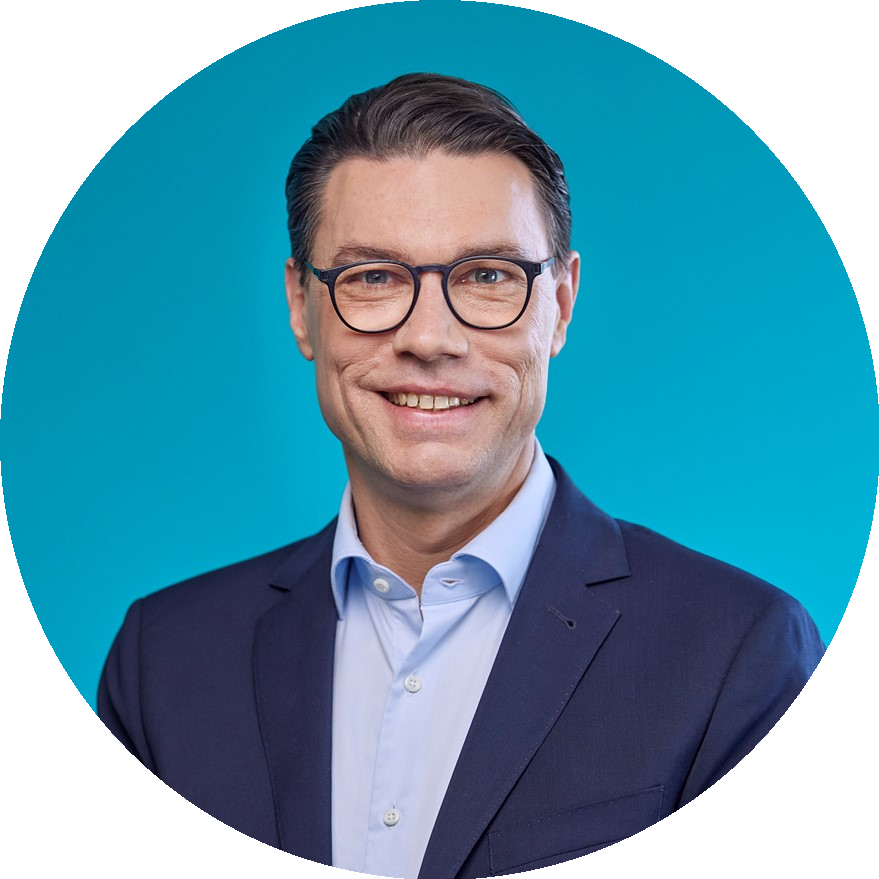
Oliver Eckert
Chief Operating Officer
Advisory Board

Christian DuMont Schütte
Chairman of the Advisory Board
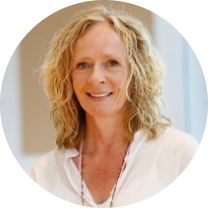
Isabella Neven DuMont
Deputy Chairman of the Advisory Board
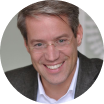
Stephan Schubert
Advisory Board

Dr. Patrick Adenauer
Advisory Board

Hannibal DuMont Schütte
Advisory Board
How exactly did DuMont's
success story
begin?
Taking a look back is worthwhile: Join us on an exciting and entertaining journey back through 400 years of corporate and contemporary history.
